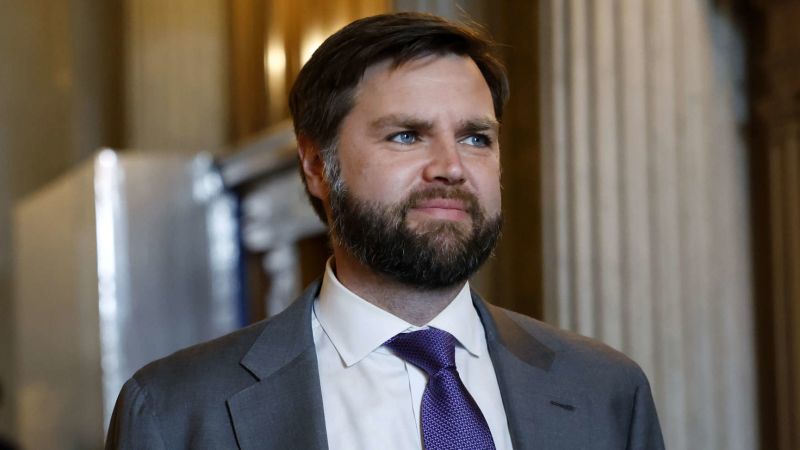Vance shared that he was asked a variety of personal and professional questions during the vetting process, including what he thought of President Biden and his administration’s policies, his views on immigration, and his stance on foreign policy. He also mentioned being questioned about his political ambitions and goals, as well as his relationships with other politicians and key figures in the Republican party.
Vance’s revelation gives insight into the rigorous vetting process that potential vice presidential candidates undergo when being considered for such a significant role. The questions asked during the process are designed to assess the candidate’s beliefs, values, and qualifications to determine their suitability for the position. It also highlights the thorough evaluation and scrutiny that individuals in political leadership roles must endure to be considered for higher office.
The presence of former Mayor Bill de Blasio and former White House communications director Alyssa Farah Griffin in the discussion adds diverse perspectives on the vetting process and the qualities necessary for a vice presidential contender. Their insights shed light on the challenges and opportunities that come with being considered for such a prominent position in national politics. The discussion provides a platform for exploring different points of view on the vetting process and the criteria used to evaluate potential candidates.
Vance’s experience in the vetting process offers valuable lessons on the importance of being prepared and articulate in political interviews and assessments. It underscores the significance of having a clear understanding of one’s beliefs and values, as well as being able to communicate effectively on a wide range of topics. Vance’s candor in sharing his experience gives aspiring political leaders valuable insights into the demands and expectations of high-level political office.
The conversation between Vance, de Blasio, Griffin, and Collins delves into the complexities of the vetting process and the factors that weigh heavily in the selection of a vice presidential candidate. It examines the role of personal character, political ideology, and policy positions in shaping the decision-making process for selecting a running mate. The discussion offers a multifaceted perspective on the qualities and qualifications that are sought after in potential vice presidents.
Overall, Vance’s revelation and the subsequent discussion with de Blasio, Griffin, and Collins provide a comprehensive exploration of the vetting process for vice presidential candidates in the context of the current political landscape. It offers valuable insights into the challenges and opportunities that come with being considered for such a significant leadership role, as well as the qualities and qualifications that are essential for success in national politics. The conversation serves as a thought-provoking analysis of the intricacies of political vetting and the criteria used to evaluate potential candidates for high office.


